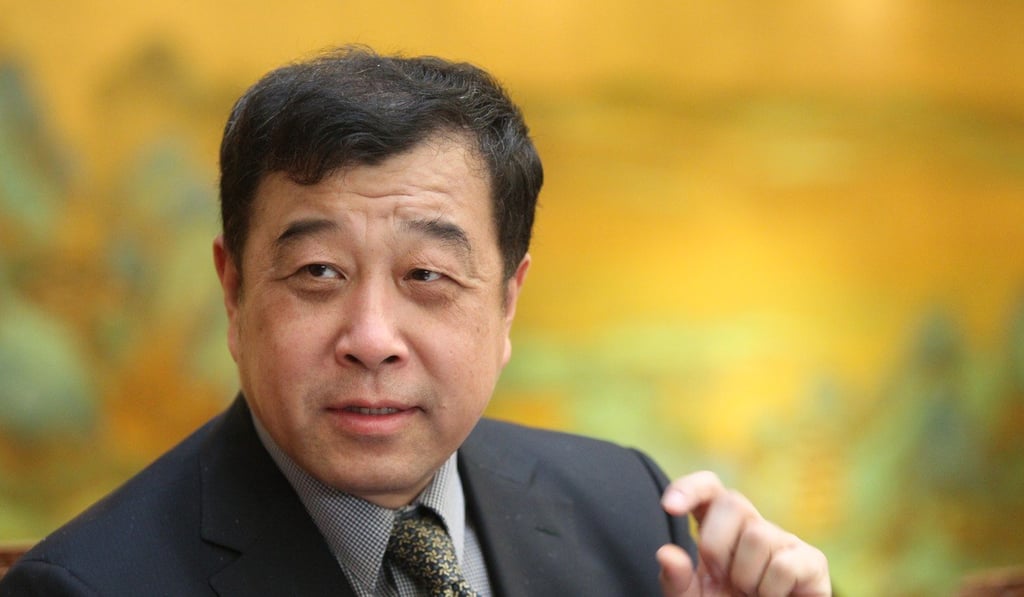Beijing will increase pressure on Taiwan if it rejects one-China principle, warns government adviser
- President Tsai Ing-wen is ‘delusional’ and is leading the island down a dead end, says Beijing adviser on cross-strait issues
- Taipei government recently set out a series of measures to try to counter Beijing’s increased push for reunification

Beijing will tighten the military and diplomatic squeeze on Taiwan if the island’s independence-leaning government refuses to acknowledge the one-China principle, a government adviser warned on Tuesday.
Li Yihu, a National People’s Congress delegate and head of Peking University’s Institute of Taiwan Studies, said on the sidelines of the annual legislative gathering in Beijing, that the island’s President Tsai Ing-wen was deluded and would only lead the island down a dead-end and intensify conflict with Beijing if she misjudged the situation.
“Tsai cannot see the trend developing in cross-strait ties, cannot understand the crux of the problem … and her view on the whole matter is a mistake,” said Li.
Tsai recently laid out a set of guidelines to help the island counter the proposal that the “one country, two systems” framework applied to Hong Kong and Macau might provide a model for Taiwan’s reunification with the mainland.

Later this month she will visit Palau, Nauru and the Marshall Islands, three of the island’s 17 remaining allies, to shore up diplomatic ties.